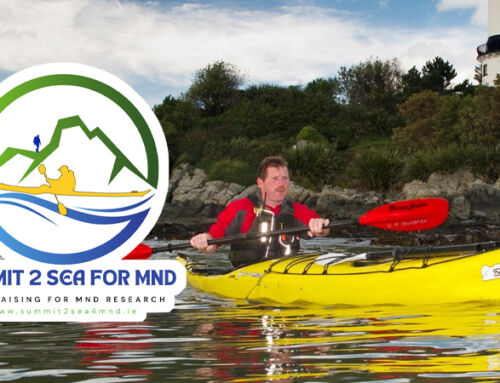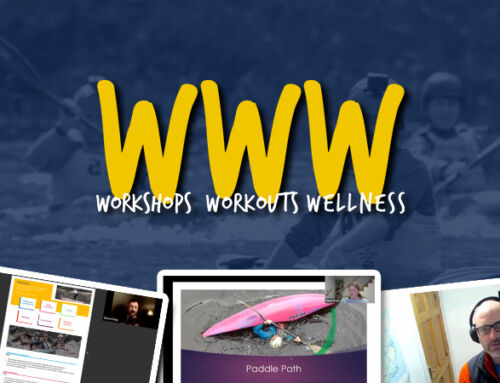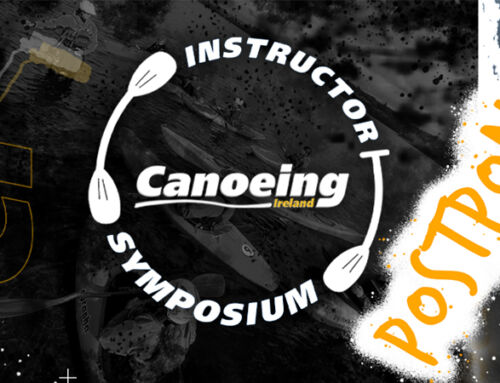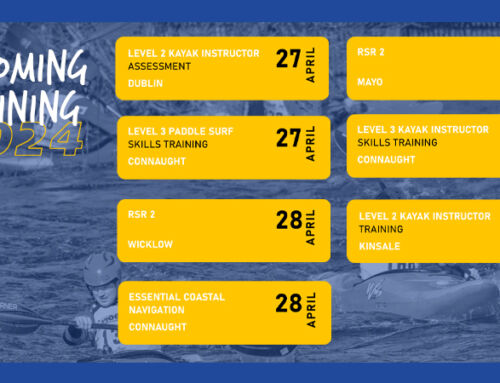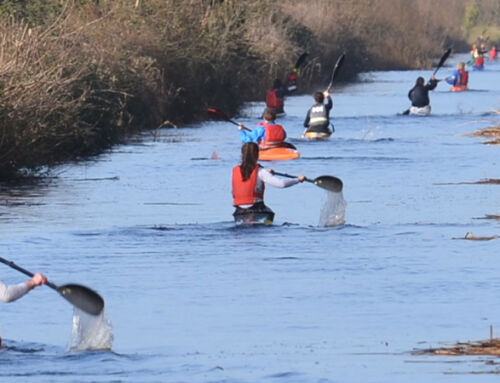Supporting Safeguarding in Clubs
We have produced a document designed to help assist you as a club to know what things you need to have in place in relation to your safeguarding requirements. It is also hoped that this guidance will help support you should you need to deal with a safeguarding issue.
“Requirements
If you are a club with children or young people as members you need to be aware of your requirements under the Children First legislation and have certain provisions in place.
These include:
- Be familiar with the Canoeing Ireland Safeguarding Policy.
- Have a club specific Safeguarding Statement. This document needs to be displayed in your clubhouse or premises. (If you do not have a fixed premises you should ensure that all members have been made aware of the clubs Safeguarding statement and provided with a copy).
- Have a safeguarding risk assessment completed for your club.
- Canoeing Ireland provides pro forma’s of both documents for you to complete for your club. https://www.canoe.ie/child-protection/
- It is a requirement that every club with junior members have a Children’s Officer – this person should have completed the Sport Ireland Safeguarding 1 and 2 training.
- It is a requirement that every club with junior members have a Designated Liaison Person in the club – this person should have completed the Sport Ireland Safeguarding 1 and 3 training.
- Safeguarding is the responsibility of all members of the club. Ideally all committee members will have completed the Sport Ireland Safeguarding 1 training.
Garda Vetting
All instructors, committee members and volunteers in the club need to have an up to date Garda Vetting in place, this is to be reviewed on a 3 yearly basis.
If a volunteer is assisting on no more than once or twice a year, they do not need to be Garda Vetted. If the volunteers are assisting more than this, they need an up to date Garda Vetting. (most volunteers fall into the second category, requiring vetting)
How might a concern come to you?
A concern might be something you witness, you are told directly from a person involved or something that another person has heard and tells you.
How do you know if you need to act?
If it is anything of a sexual nature – you need to act.
If it falls within what Children First calls reasonable grounds.
Reasonable Grounds
- Evidence, for example an injury or behaviour, that is consistent with abuse and is unlikely to have been caused in any other way.
- Any concern about possible sexual abuse.
- Consistent signs that a child is suffering from emotional or physical neglect.
- A child saying or indicating that by other means that he or she has been abused.
- Admission or indication by an adult or a child of an alleged abuse they committed.
- An account from a person who saw the child being abused.
- If the concern does not fall within the categories above, and informal consultation with Tusla or the National Children’s Officers may be helpful.
(Children First Guidance Pg.6)
What do you do?
Speak to the club Designated Liaison Person or Children’s Officer, they will determine if it should be passed on to Tusla or the Gardaí. Tusla is available for informal consultation.
If you believe that a child is at immediate risk of harm you should still talk to the Designated Liaison Person or Children’s Officer in the club, but there should be no delay in contacting the Gardaí and should you not be able to speak to either officer quickly, you need to report your concern to the Gardaí.
What else?
The National Children’s Officers, Heather Wilson & John Daly are available for consultation if you need support or advice.
Email: safeguarding@canoe.ie “
For more resources check our Safeguarding Section.


